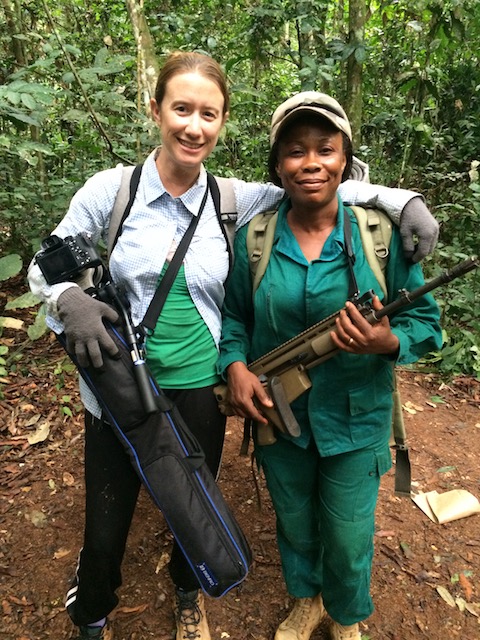
“When I see all these carcasses in the forest, it always hurts my heart. We really fight against poaching.”
We’re with Sidonie Asseme, a Cameroonian eco-guard, who is showing us a heartbreaking sight: a row of bones from animals that have been poached in nearby Nki National Park.
Sidonie points out the largest skull in the line-up, which once belonged to a forest elephant. She shows the deep holes where the coveted ivory tusks were chipped out and taken—another elephant life lost to a growing illegal trade.
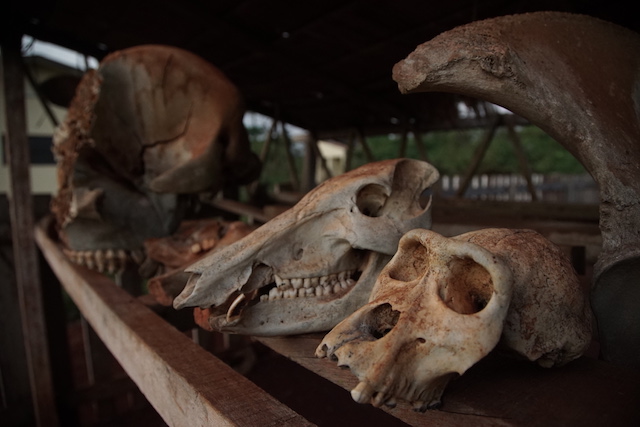
You ele-aware folks have probably already heard the sad news that we are in the midst of an elephant poaching epidemic across the African continent. These iconic and intelligent mammals are being slaughtered for their ivory tusks at an alarming rate. Experts say that if this trend continues, we may be living in a world without wild elephants by 2025!
There has been a lot of media focus on savannah elephants in eastern and southern Africa, but little light has been shed on their elusive “cousins,” the forest elephants of Central Africa. After a 2011 study revealed that more than half the forest elephant population has been lost to poaching in just the last decade, there has been a concerted attempt to try and save those that remain.
That’s where people like Sidonie come in—she and her fellow park rangers patrol these dense forests to apprehend poachers, hopefully before they are able to slaughter more animals. We are following her brave work and other anti-trafficking efforts in Central Africa for the upcoming documentary Silent Forests.
Silent Forests will be an intimate portrait of conservationists and activists at the frontlines of the war against poaching. Our goal is to provide audiences with a cinematic look at the fight to stop forest elephant poaching and other wildlife trafficking in Africa’s Congo Basin. There’s no denying that the situation is bleak right now for endangered species like the forest elephant, but the good news is that there are some amazing people who are working tirelessly to protect them. Throughout filming, our team has been continually impressed at the Herculean efforts of these conservation superheroes.
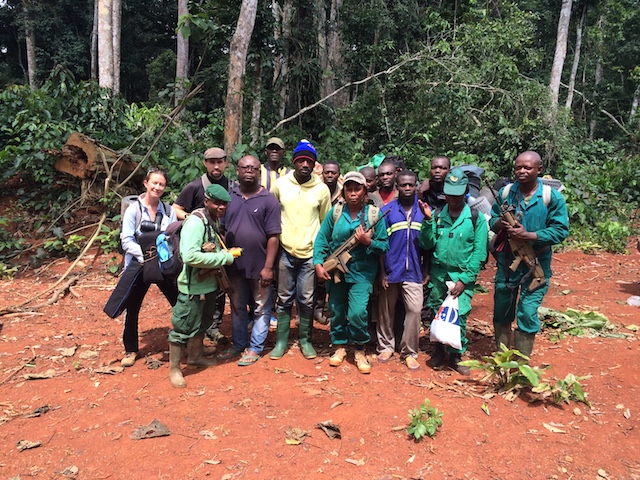
Take LAGA, a wildlife law enforcement group based in Cameroon’s capital Yaounde. Before they came along, wildlife crime in Cameroon was out of control—and rarely prosecuted or punished. But that has changed thanks to this grassroots group of dedicated and passionate Cameroonian activists who have carried out countless operations into the web of ivory trafficking in this region.
We’ve embedded with LAGA as they carry out undercover sting operations, and their success rate is pretty remarkable. They also have a sharp legal team who follow along after an arrest has been made to try and ensure that corruption doesn’t come into play during the prosecution phase. Corruption is rather widespread in these parts, and some activists say it is one of the main culprits behind wildlife crime—those who are supposed to protect the animals are sometimes “in on the take” themselves.
Then there’s the aforementioned eco-guard Sidonie—one of the first female eco-guards in Cameroon. I refer to her as a “my hero” and “a total conservation badass” on a regular basis. She is a mother of five who regularly leaves the comforts of home to trek through unimaginably dense jungle, searching for poaching camps. Her dedication has led to the arrest and detention of 15 poachers and counting.
Not surprisingly, though, her work has made her a target: she has received death threats, beatings, and was once locked in a house by poachers who threatened to set her and three other guards on fire. Luckily she managed to escape that situation unharmed, and continues to patrol the parks of Southeast Cameroon. The eco-guards patrolled unarmed for many years, but recently the Cameroonian military has begun releasing guns to them so they can protect themselves. Per Sidonie: “It’s a real war now. And I must win.”
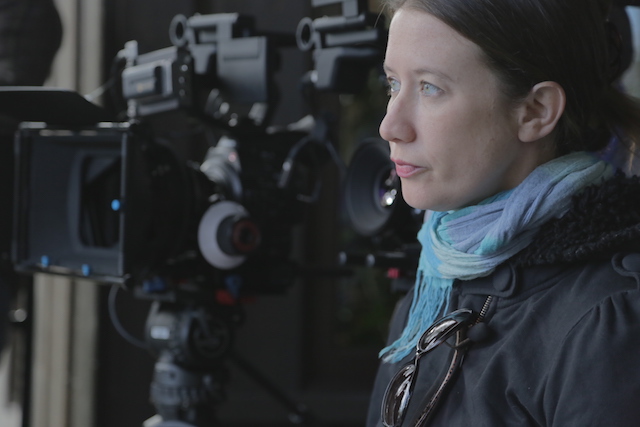
Our next phase of filming has us going to Congo-Brazzaville, to film with a team of anti-poaching sniffer dogs (I will undoubtedly have to restrain myself from petting them while they are working), and with a Congolese biologist who is studying elephant communication to help deepen our understanding about how these complex animals “speak” with each other and form social bonds.
We are currently running a Kickstarter campaign to help with funding for this independent documentary, and would greatly appreciate any support, even if it’s just a social media shout-out! You can find more information and links in my bio section.
The eventual goal of this project is to educate the public about this oftentimes overlooked elephant subspecies, and engage audiences to support groups dedicated to ending the Congo Basin poaching epidemic before it’s too late.
~
~
~
Author: Mariah Wilson
Image: Courtesy of Author
Editor: Travis May


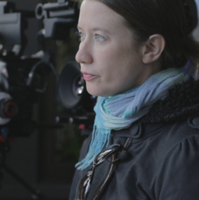



Read 0 comments and reply